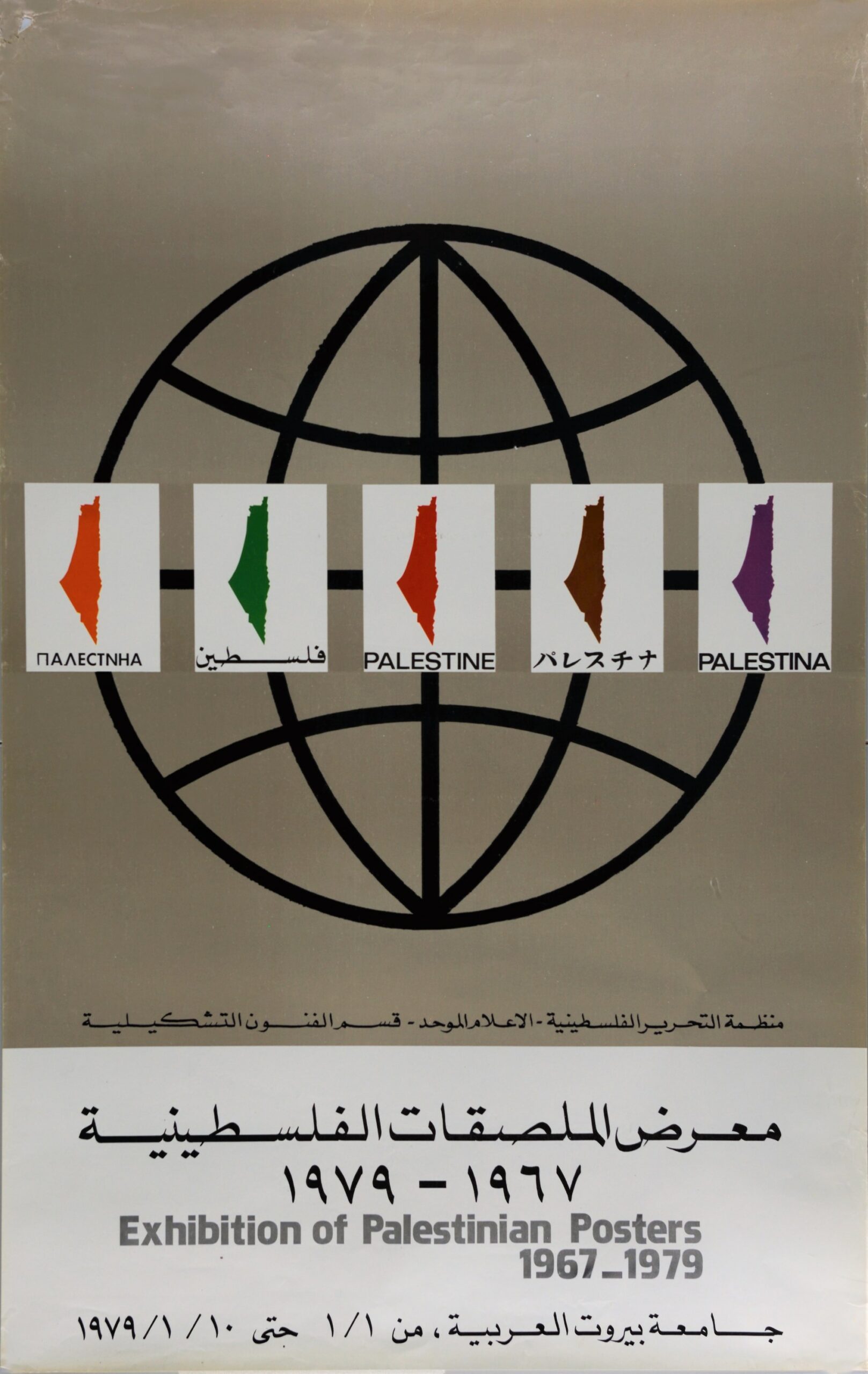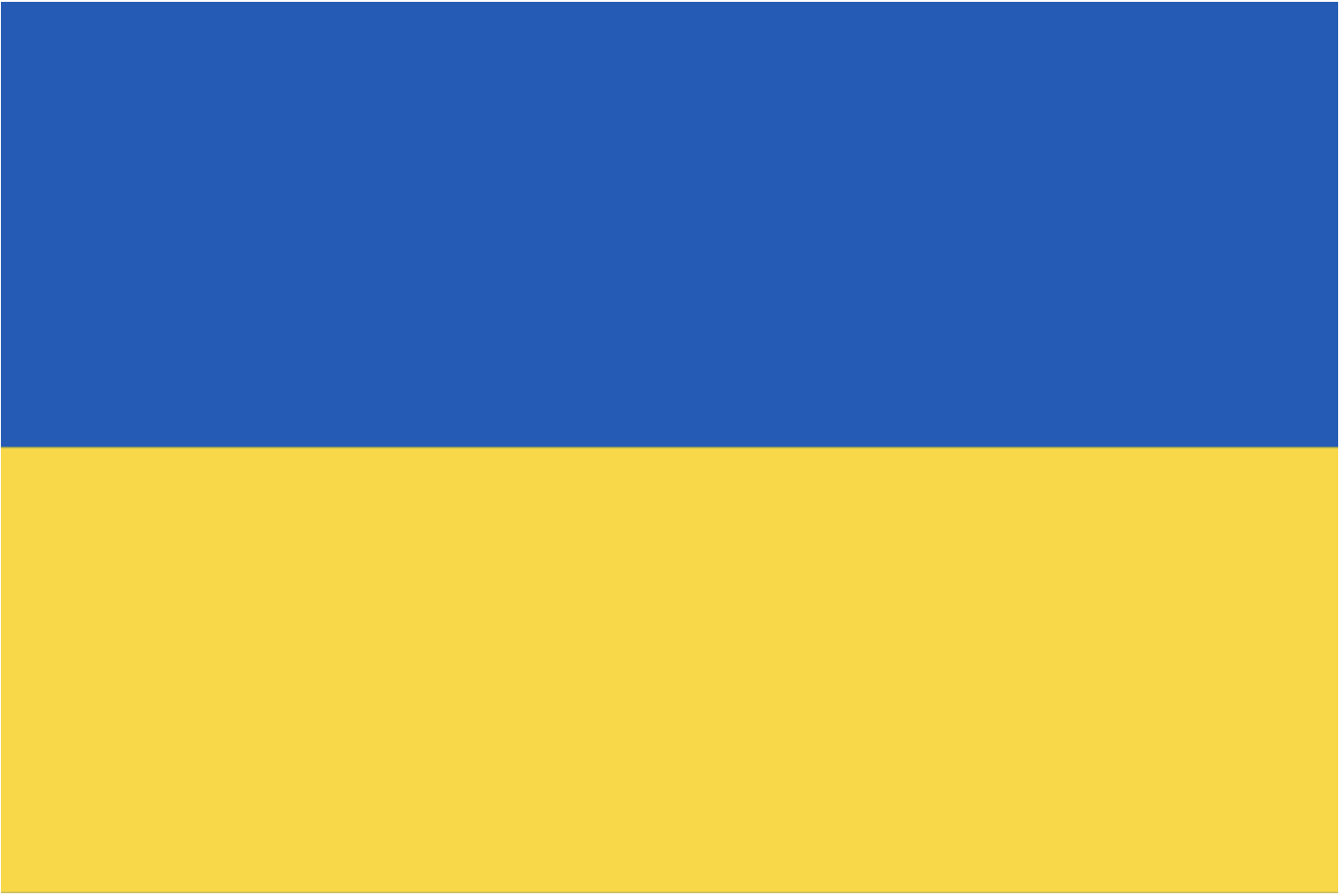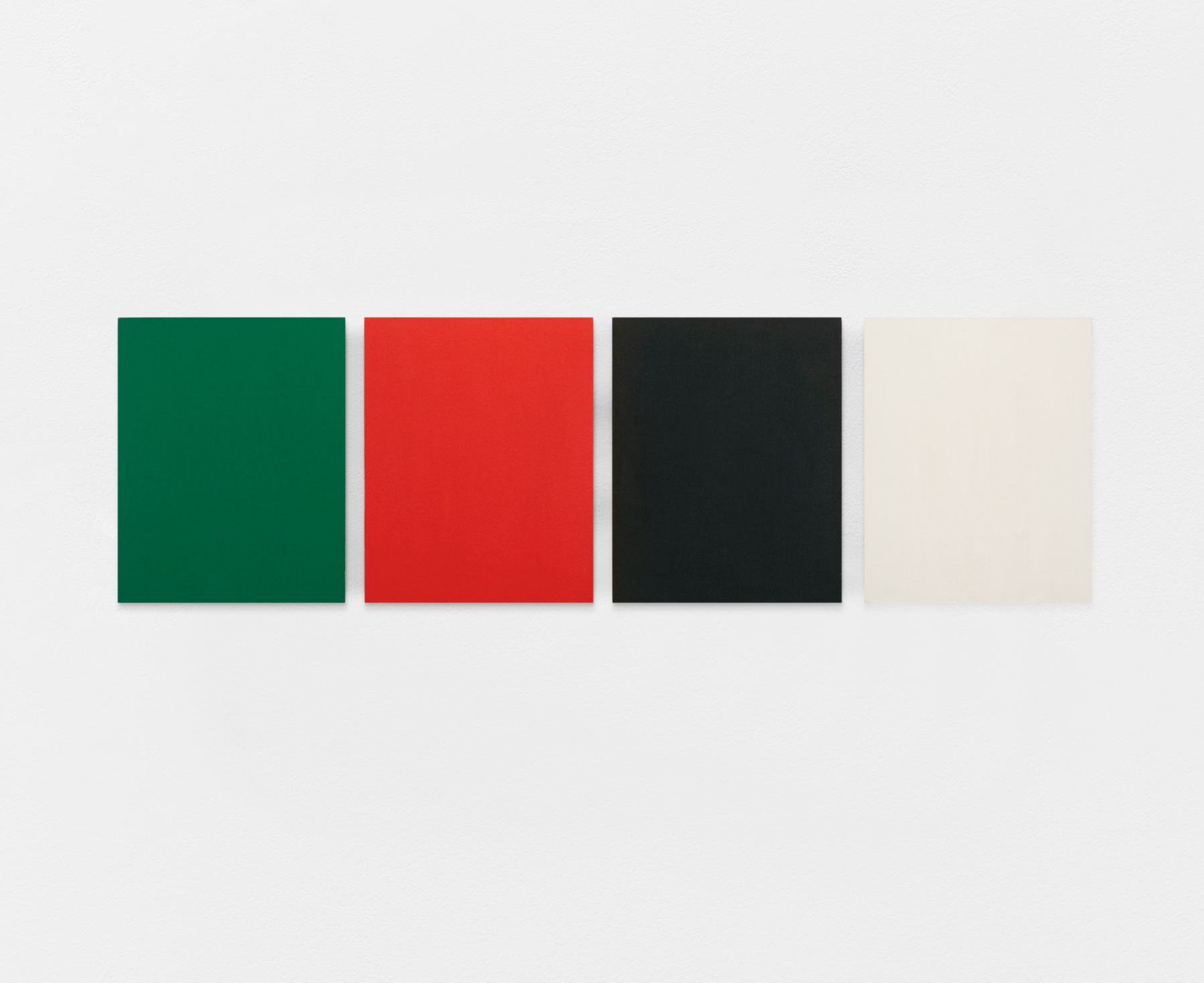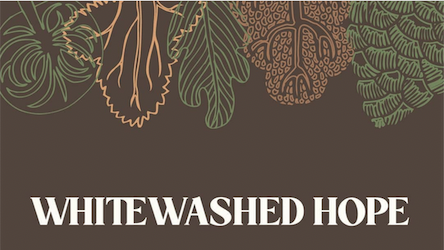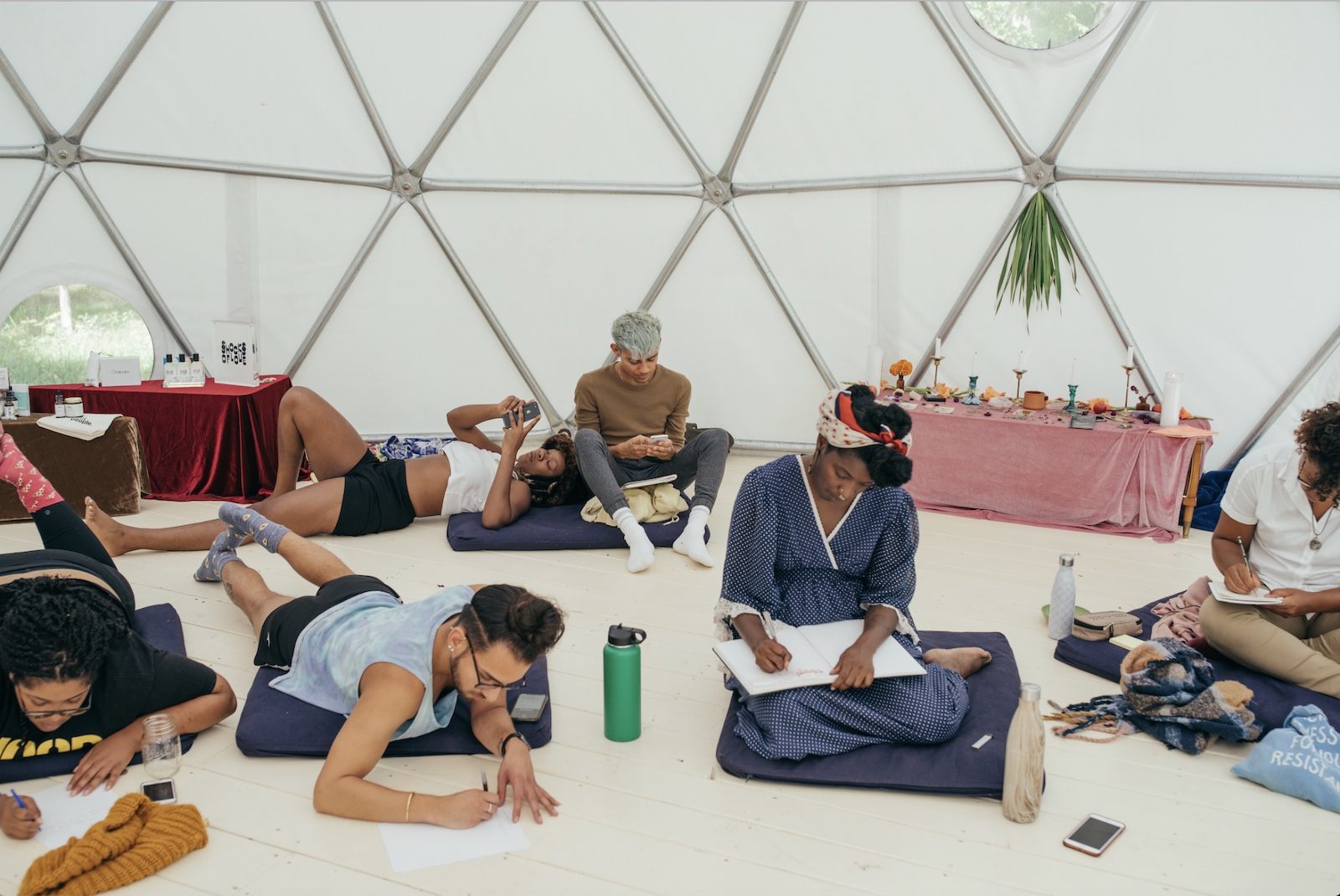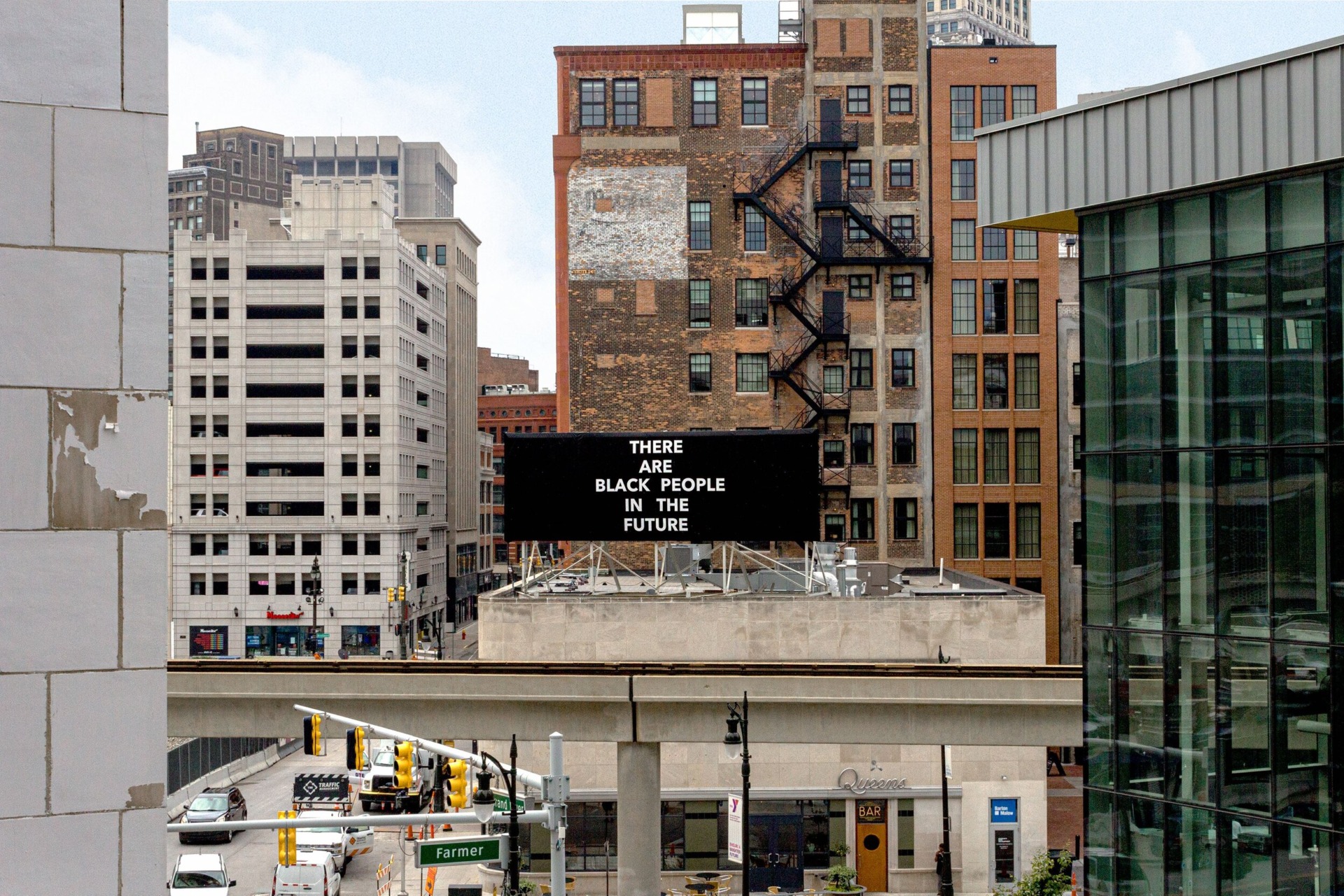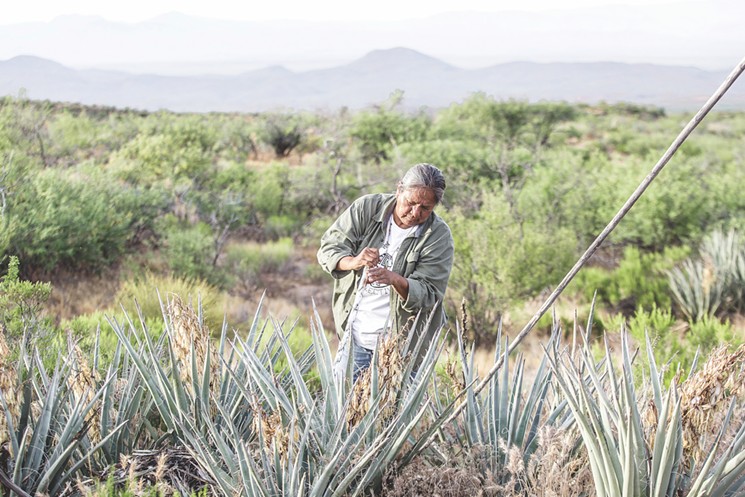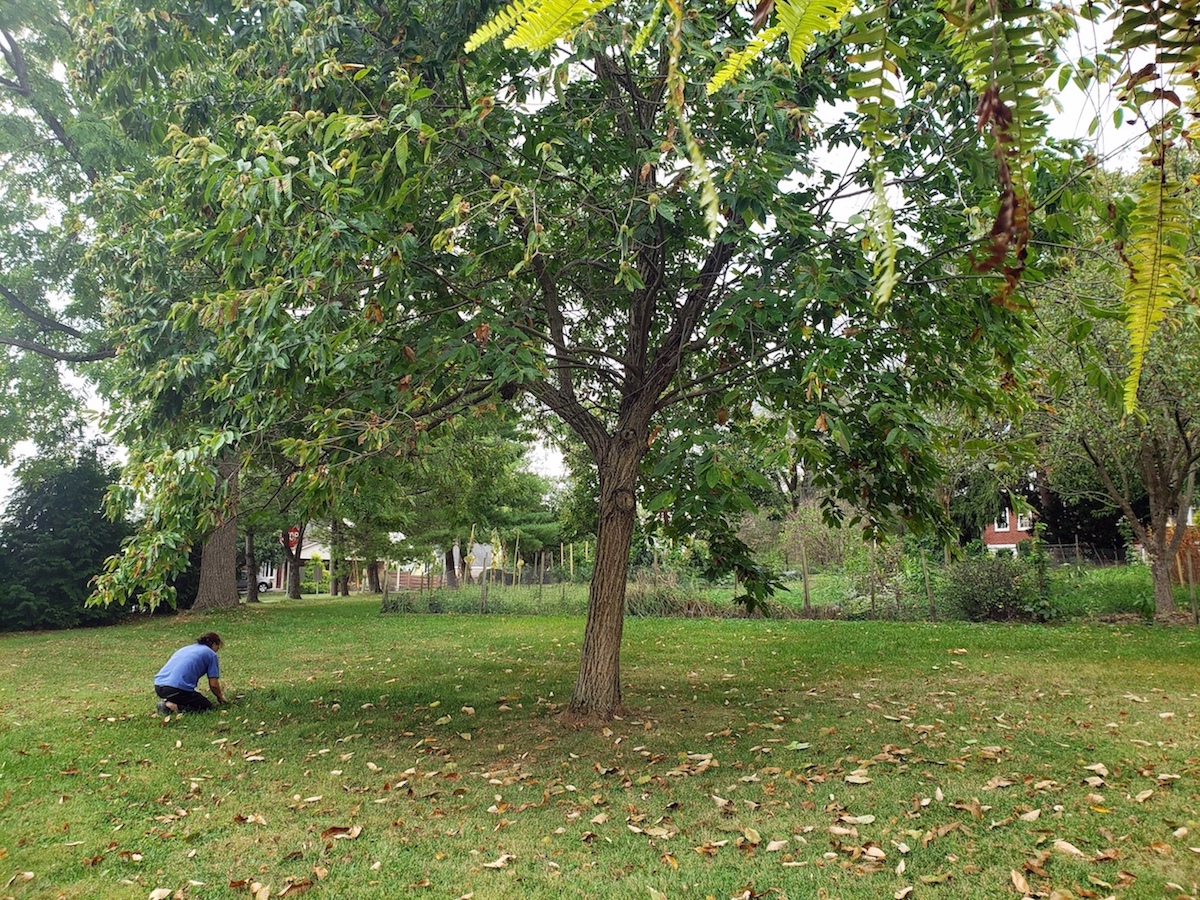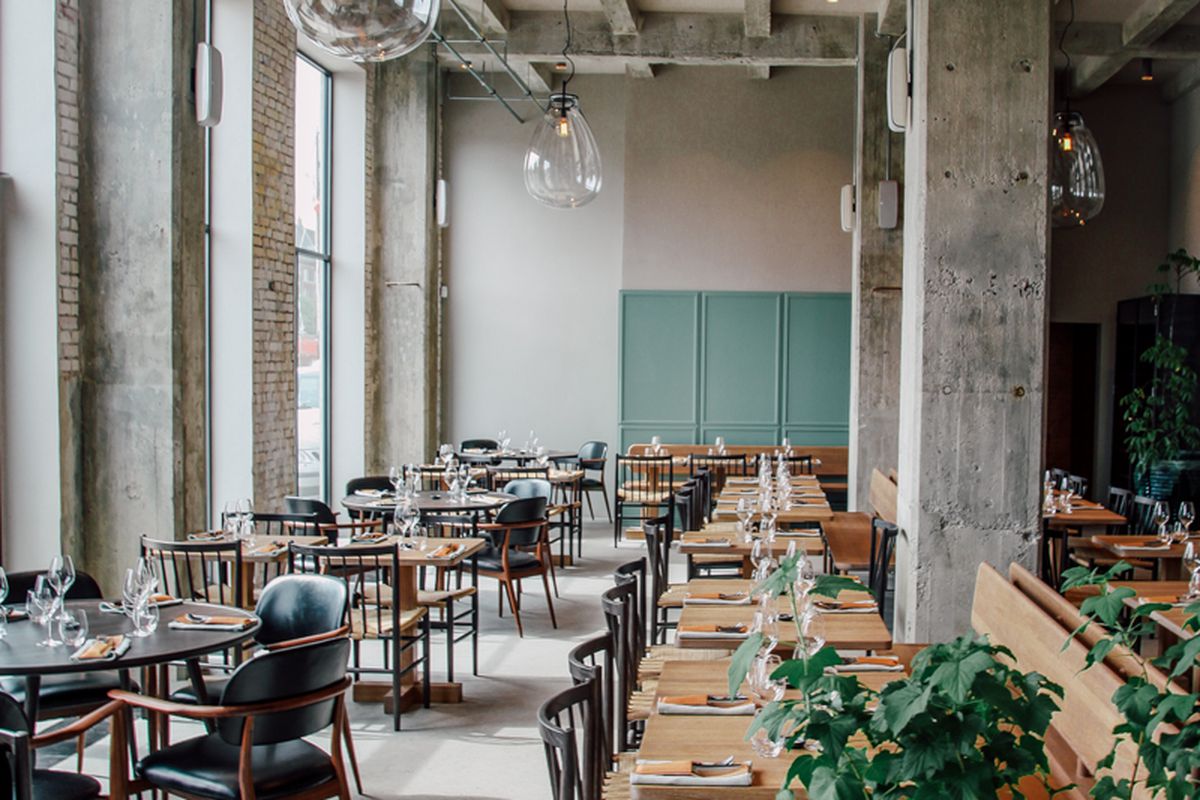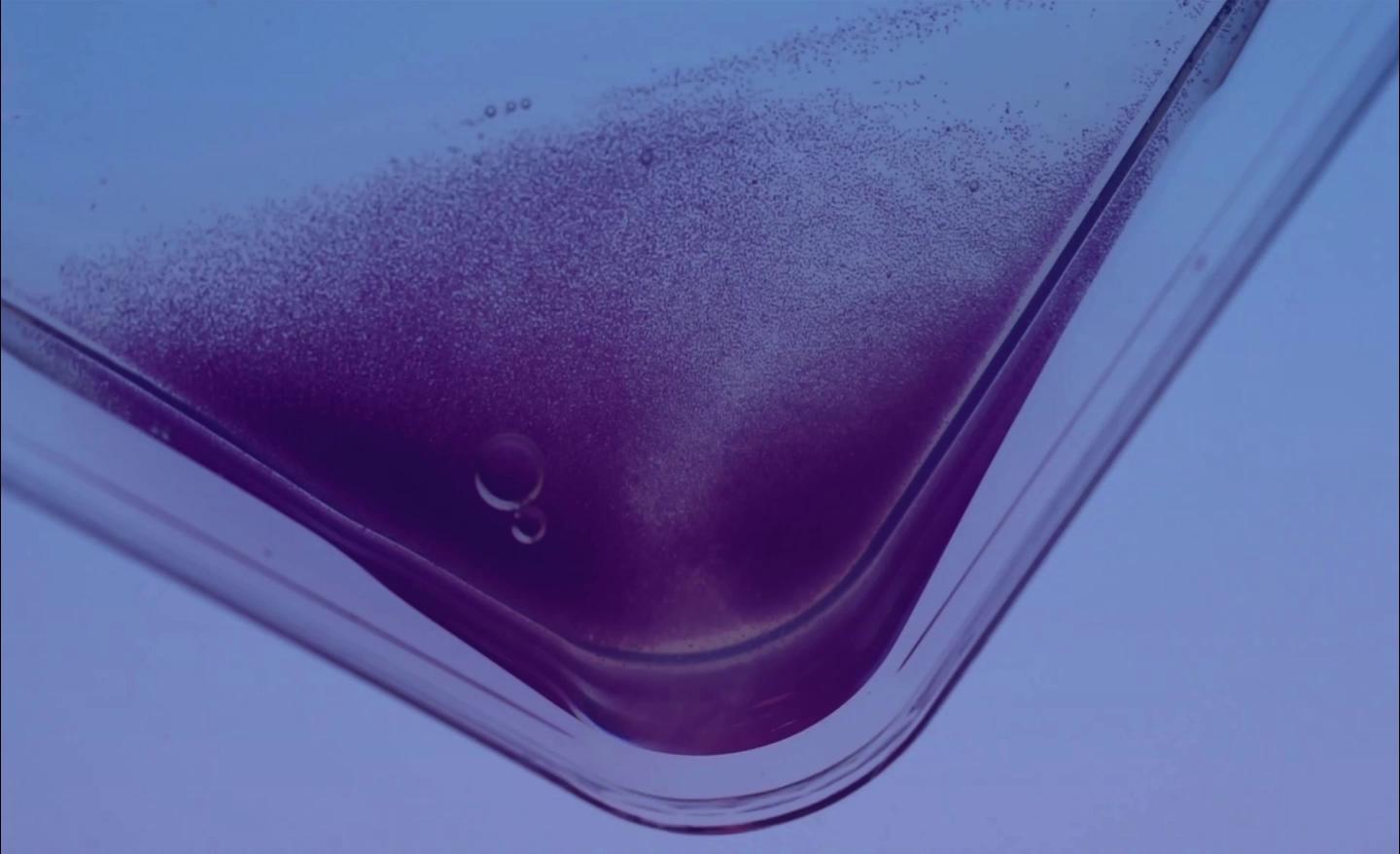Since 2007, the Buckminster Fuller Institute has been honoring projects and organizations that are taking a “whole systems approach” to solving some of the most complex social and environmental problems facing our world today. Drawing inspiration from the architect and designer himself, the Fuller Challenge insists that the scale of today’s challenges here on “Spaceship Earth” demand the interdisciplinary, systems approach of a “comprehensive anticipatory design scientist,” a title that Fuller embraced to describe his life’s work. Previous winners of the Fuller Challenge include GreenWave [read more about their restorative model of ocean farming here], Ecovative’s structural mushroom material grown from agricultural waste, and the lightweight electric vehicles of Sustainable Urban Mobility.
Today, the Fuller Challenge announced this year’s semifinalists. Below are four organizations designing new models for food futures:

Sustainable Health Enterprises Banana Fiber Sanitary Pads
Girls around the world face social and cultural stigma around menstruation, often disrupting their schooling and denying them from opportunities. Rwandan-based Sustainable Health Enterprises (SHE) has designed a strategy to locally produce sanitary pads using agricultural waste at a fraction of the price of imported products. Using discarded banana fiber, no chemicals and very little water, the SHE model also incorporates health education and has the potential to be replicated globally.
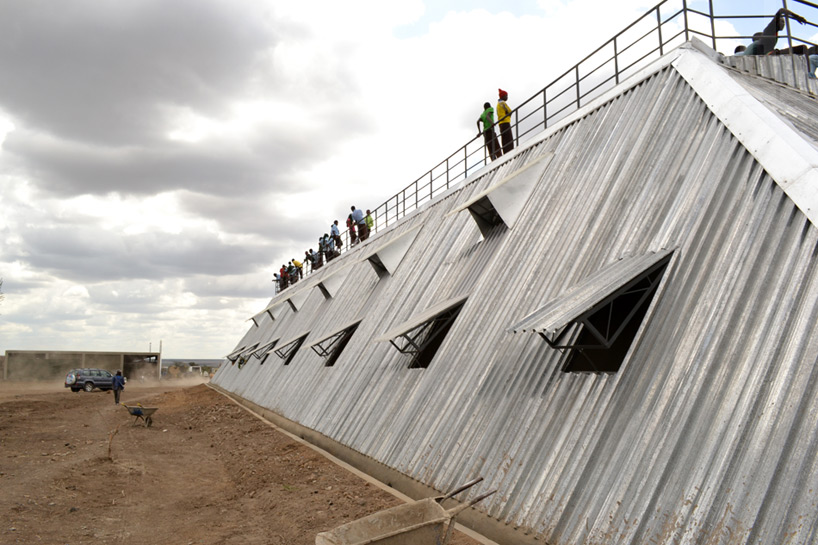
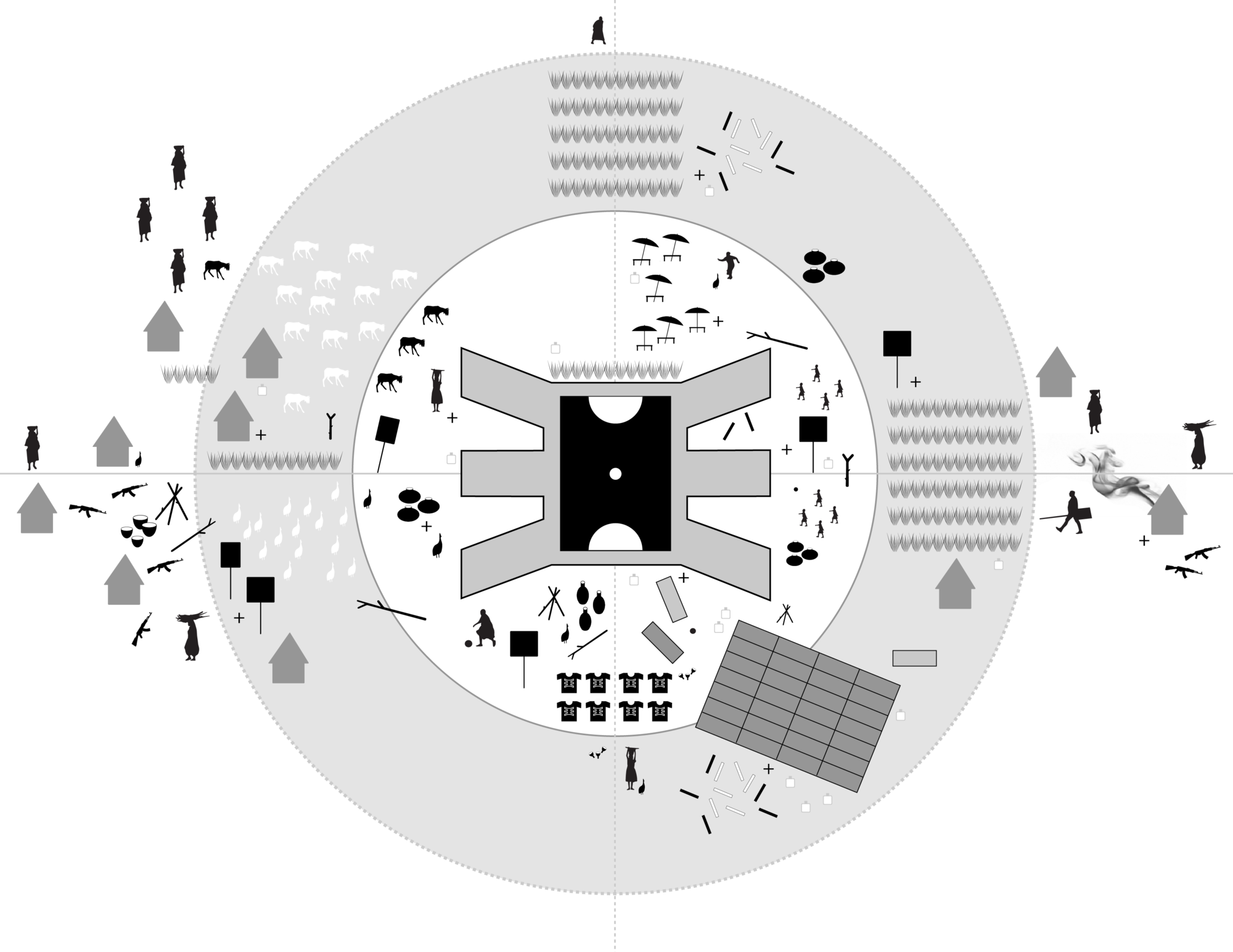
PITCHAfrica’s Waterbank Schools
In a world where one billion people are living without access to clean water, the Waterbank Schools in Kenya are models of leveraging water catchment as a socially integrated solution for resource scarce communities. Designed and built in a communal construction process using local materials and labor, the schools harvest rainwater and store it in a central cistern with a built-in ceramic filtration system. The system not only provides students, faculty and the surrounding community with access to clean water and a level of independence, but the building itself becomes a hub of knowledge for the surrounding region. The most recent Waterbank School includes seven water-harvesting buildings and a 1500-seat football stadium which the architects note, “brings passion, an attentive audience, bridging differences. [Bringing football into the mix] can make the desire to model peaceful collaboration and share knowledge about sustainable environmental practices a reality, while providing students with an environmentally engaged education, healthy food and clean water.”
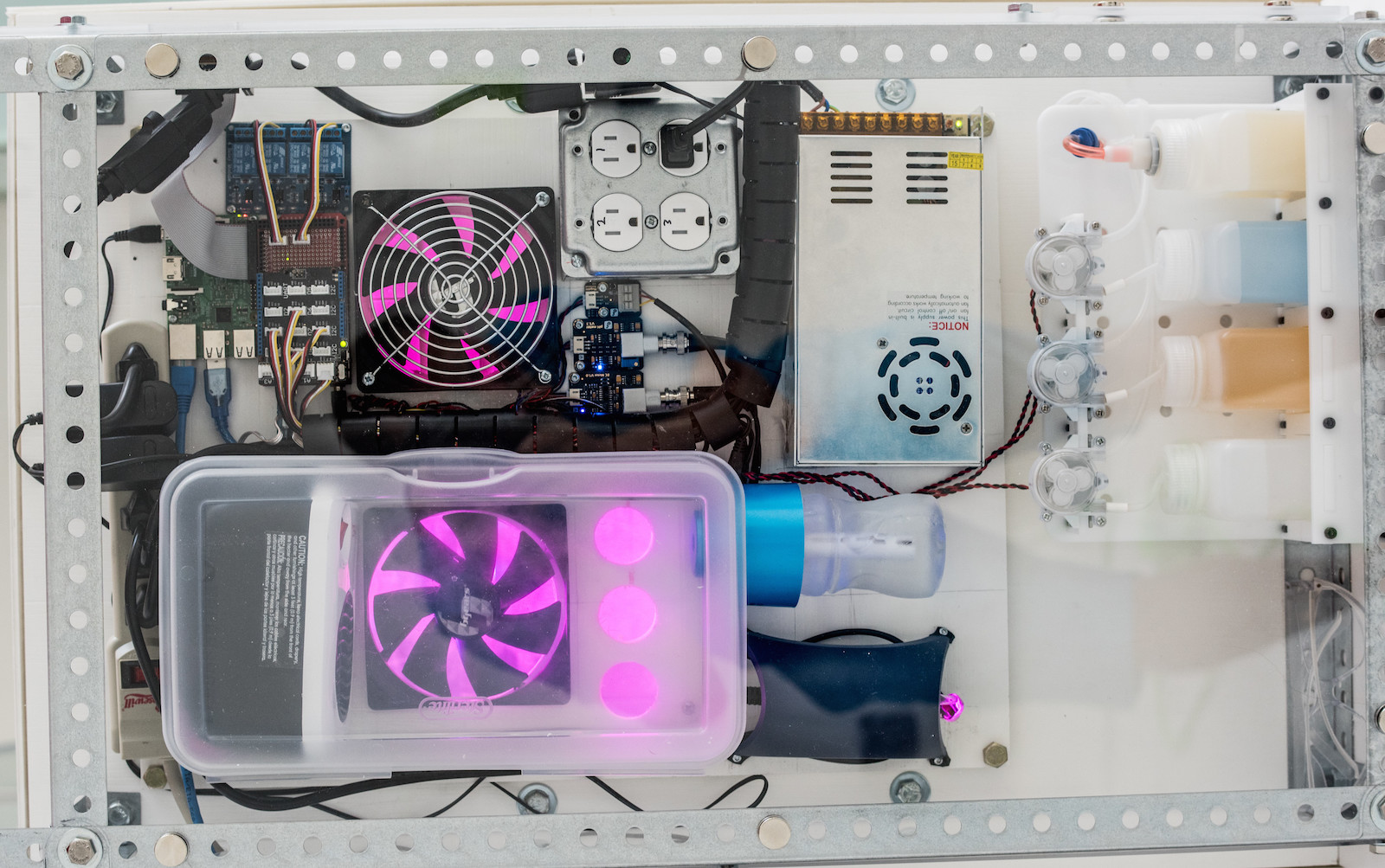
MIT Open Agriculture Initiative
Seeking to create alternatives to industrial agriculture, MIT’s Open Agriculture Intiative develops open-source “controlled environment agriculture” (CEA) technologies to make personal produce and highly localized food production more viable. These open-source hardware and software solutions for indoor farming include environmental sensors, actuators, and networked connectivity for open data collection that feed into centralized “food computers” and are designed to be scaled from counter-top growers like the SproutsIO (that also came out of MIT), to shipping-container sized modules for restaurants or hospitals, to commercial scale warehouses. The project has already distributed six prototypes to Boston-area schools and aims to distribute 150,000 models to schools across the United States to inspire the next generation of “smart” farmers.
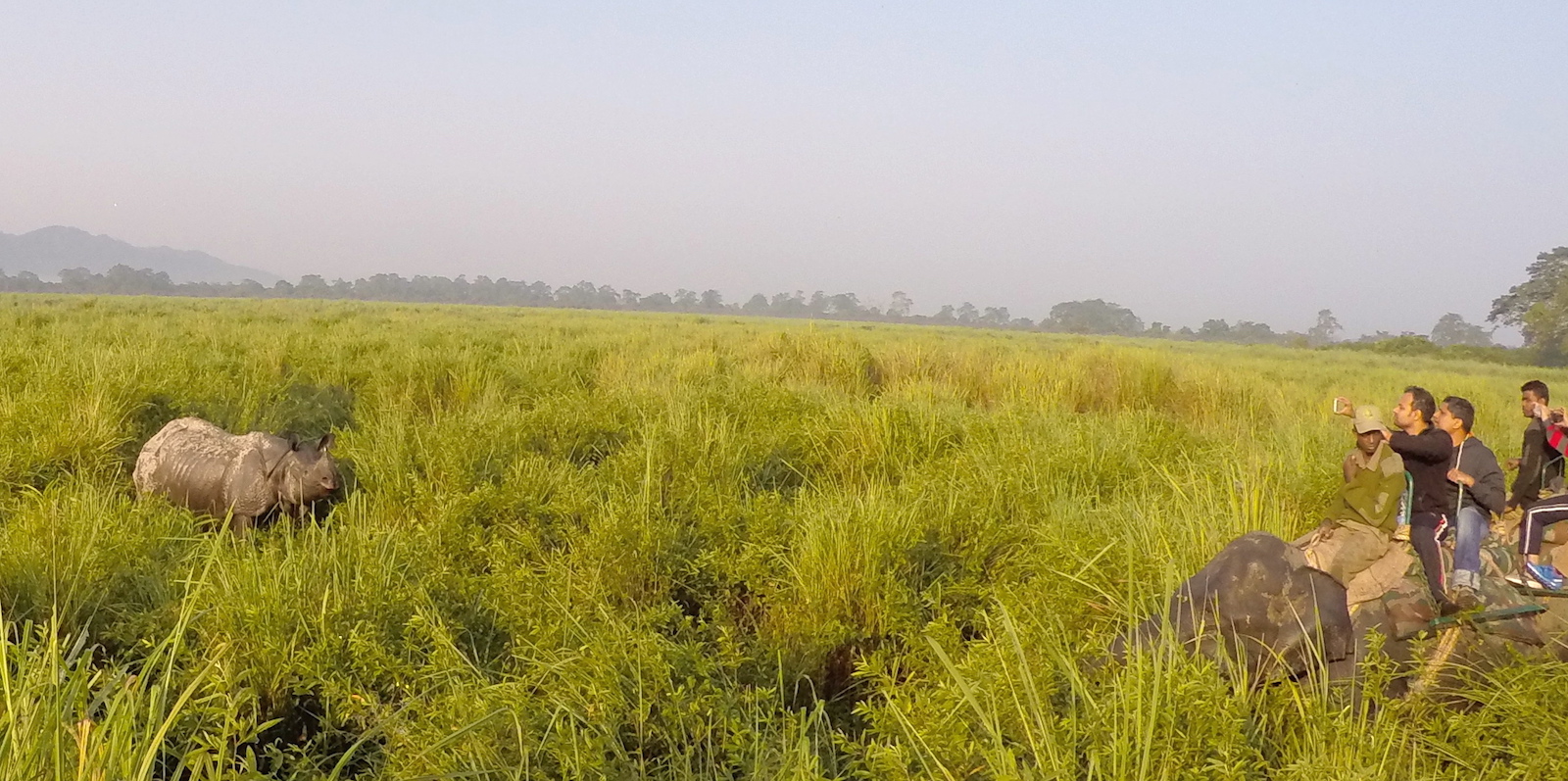
Conserving the Land and the Community with ZERI Network and Sanctuary Asia
It takes an ambitious mind to tackle the oft-competing goals of conservation, food security and economic development. Eco-entrepreneur and activist Gunter Pauli is putting the principles of his Blue Economy Initiative to practice in India’s Assam State. At the Hathikuli organic tea plantation adjoining Kaziranga National Park, Pauli’s Zero Emissions Research Initiatives (ZERI) group is working in collaboration with the prominent Indian conservation group Sanctuary Asia and the multinational business the TATA Group to develop strategies for water and soil remediation, reforestation, wildlife conservation—the area is home to rhinos and tigers—and sustainable models for economic opportunities for the local community.
For more information about the 2016 Fuller Challenge semifinalists, visit bfi.org

